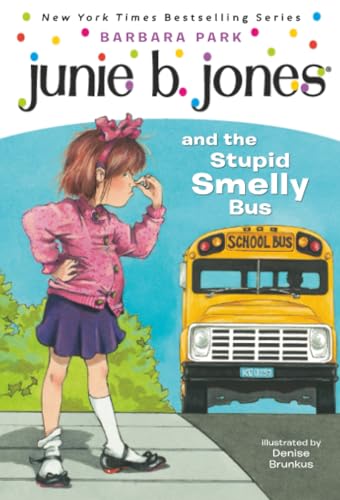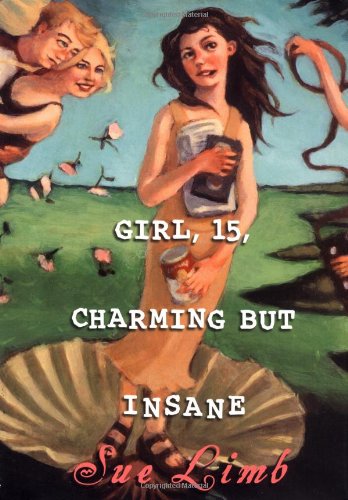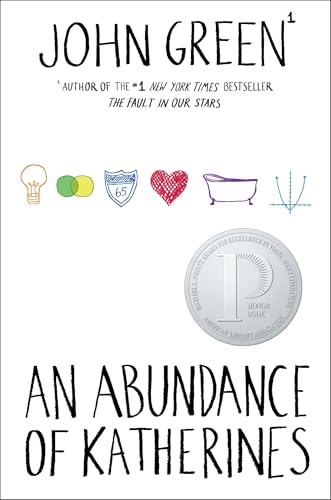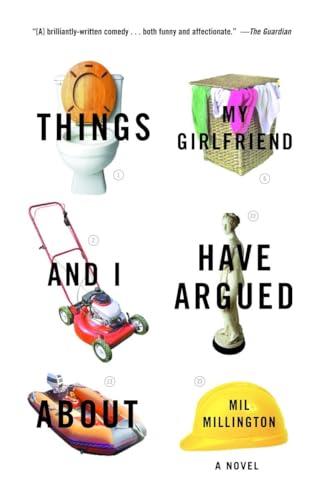In this sweet picture book, Abigail loves to spell any word she hears. Of course, she’ll be a natural for the spelling contest at school. Or will she? I really enjoyed the book, which is a story of friendship and obstacles. That said, I couldn’t be Abigail’s friend, because when people spell things to me, I can’t understand them. If another mom would spell something over the heads of our children, I wouldn’t know if we were talking about a couple that split up over an affair or airfare.
Now, I’ve been watching the artistic process of Abigail Spells from the very beginning through the posts at Blue Rose Girls. I saw the first jacket sketches and followed along as the jacket art developed and finalized. I never thought about how many steps were involved in the artwork of a picture book. I’ve included the illustrations here so you can see for yourself, though follow the links above for the complete description of the process.
 When did you start writing and illustrating?
When did you start writing and illustrating?I’ve been making up stories and drawing illustrations to go with them as long as I can remember. I come from a very creative family, so my childhood was full of art-making and good books. Basically I always knew I wanted to be an artist. When it was time to go to college I applied to art school, and was lucky enough to find my way to the Rhode Island School of Design. There I was able to immerse myself in the study of illustration and begin to put together a portfolio.
When I got out of school I knew that making children’s books was what I wanted to do, but sadly didn’t have a clue how to get there. Once again I got lucky and found a job at Houghton Mifflin Company, assisting the Art Director in the children’s book department. Working on other people’s books was a great education and really helped me understand how the whole process of getting published works. I got to see the art samples sent in by illustrators (this is how I reconnected with former classmates and fellow Blue Rose Girls Grace Lin and Linda Wingerter — they submitted their cards to Houghton), and witness the whole editorial, design, and production process in action.
My career as an author/illustrator began in 1999, when I finally got up the courage to begin submitting my book ideas to publishers and got my first contracts. It was a dream come true. Sometimes I still can’t believe it ever really happened!
 Who inspires you personally and/or professionally?
Who inspires you personally and/or professionally?I am inspired a lot by experiences and memories from childhood, the kids I taught when I was a preschool teacher, and the work of other artists I admire. Whenever I get stumped and need some inspiration, I pick up a favorite childhood book or look at some artwork I love to get excited about creating again. If I need to draw on a memory, I conjure a strong childhood emotion I want to express. I focus on it until I can start to wrap a story around it. I want to make books that move people, that make them feel more connected to each other, and that offer a new way to look at the world. The best way for me to do that is to delve into experiences I feel strongly about and to seek out other people’s work that do the same thing.
 Where do you do your best thinking?
Where do you do your best thinking?While I’m drawing. If I sit in front of my computer and try to come up with an idea I am sure to sit forever. If I sketch and draw and let my mind wander new ideas inevitably pop up and grab my attention.
How are your own experiences reflected in Abigail Spells?
While I am not nearly the speller that Abigail is, I do relate to her in another way — as a kid I was terrified of standing in front of an audience. When I created Abigail, I wanted to make a character that reflected my childhood experience of stage fright and the disappointment that followed. I think it’s a feeling a lot of kids can relate to. Everyone has had a great disappointment at one time or another, and I think it is an important thing to put into context.
 Why did you need to write this book?
Why did you need to write this book?I wanted to make a book that, as I mentioned above, gives kids a place to put their feelings of stage fright or disappointment into perspective, and reinforces the idea that winning isn’t everything. Far more kids lose contests like spelling bees than win them, and I think kids need to know how to interpret those kind of experiences, how to learn from them. Abigail Spells is a book about spelling, but it is also a book about friendship and overcoming obstacles.
What’s next for you?
I am working on a new book right now, called Disappearing Desmond. Like Abigail, it’s a book that reflects my experiences as a shy kid. Desmond doesn’t like to be noticed, so he spends most of his time finding elaborate ways to hide and blend into the background. His story is about how he overcomes his shyness, makes a friend, and learns how great it can be to feel noticed.
 To win a copy of the book Abigail Spells, comment in today’s post with one word that gives you spelling grief. For me, it’s
To win a copy of the book Abigail Spells, comment in today’s post with one word that gives you spelling grief. For me, it’s - Tuesday the 26th: A Patchwork of Books
- Wednesday the 27th: Katie’s Literature Lounge
- Thursday the 28th: Brimful Curiosities
- Friday the 28th: Jama Rattigan’s Alphabet Soup
























17 comments:
" dosen't"
I even autograph books misspelling it....!
prescence, nope presense, no presence - never get that right the first time....
My stumper is conscience.
Conscience is an ability or a faculty that distinguishes whether one's actions are right or wrong. It leads to feelings of remorse when one does things that go against his/her moral values, and to feelings of rectitude or integrity when one's actions conform to our moral values. It is also the attitude which informs one's moral judgment before performing any action. The extent to which such moral judgments are based in reason has been a matter of controversy almost throughout the history of Western philosophy.
Now I"ll be able to sleep tonight without a guilty conscience.
I don’t want to compete for the book (that whole married-to-the-blogger thing), but there are three words that I still remember misspelling in my youth.
alfalfa: I lost a spelling bee in fifth grade with this word — I could have sworn there was a “ph” in there. And the fact that I was literally passing out from having stood straight for an hour didn’t help (they wouldn’t let us sit for the entire contest).
definite: I misspelled this in sixth grade (“definate”), and learned that it has the same root as “finite.”
panache: I firmly believed it was “pinache” until college — when they invented automatic spell-checking and I was proven wrong.
And every once in a while I get a little muddled from reading British books, though I can usually recover without too much difficulty.
(I don’t know what it says about me that to this day I still remember my “greatest misspellings.”)
i love this book! I don't need to be in the contest, I already have a copy...but I can never spell the word beginning and the name michael.
I always have to think about tomorrow, recommend, and license.
It drives me CRAZY when adults mix up their, there and they're; also to and too, and its and it's.
"Necessary" never looks right to me - I always have to check it.
Necessary...too bad it's such a necessary word!
relevent ... I mean relevant.
Gets that little red underline every time.
I keep typing "avacado".
Recommend and embarrass ... I don't like bizarre double letters thrown into words.
Mine would be "similar" and now I know why- I've been confusing it forever with "familiar"!
Thanks, Pam :)
Had one today - possession. It just didn't look right with all of those s's!
In grade school, I was in a spelling bee and misspelled the word, "disappoint." I've been channeling Abigail all my life, so it's totally appropriate that Anna is visiting my blog this week. I've been disappointed many times in my life, but I usually get the spelling right. :)
"opinion" -- double letters always mess me up. Even in words that don't have them!! In this case I always try doubling the p or the n -- or both. Fortunately it looks horribly wrong.
Z-Dad
This looks like an awesome book to have around the house
navybrat76@yahoo.com
"Should've" being spelled "should of". Urgh! So frustrating!
Post a Comment